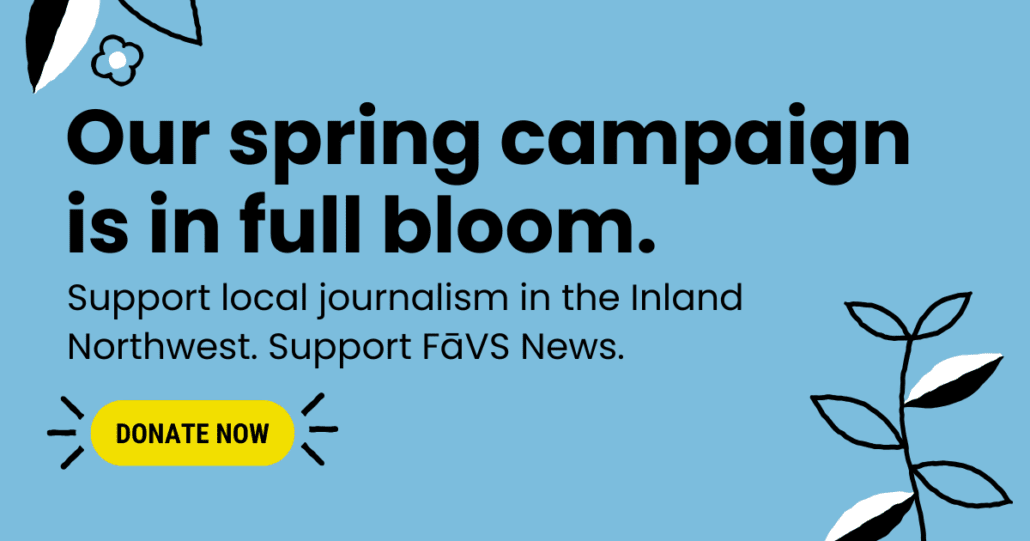Homeless shelter opens at Knox Presbyterian for women in need
News Story By Emma Maple | FāVS News
A new women-only homeless shelter opened at Knox Presbyterian Church last week, one of eight shelters that will test the city’s navigation center scattered-site model.
The shelter itself is run by Jewels Helping Hands, with Knox Presbyterian helping to keep overhead costs low by renting out the space.
Shelter to house 30 women
This microshelter will serve only women, a demographic that lacks many options in the city, Jewels Helping Hands Executive Director Julia Garcia said. Ten spaces are available until the end of this week, at which point 20 more spaces will be made available.
Shelter residents must be pre-approved to stay; they cannot walk in, according to the Knox Presbyterian answering machine. Transportation to and from the facility will be handled by Jewels Helping Hands.
The facility will be open as a shelter from 6 p.m. to 6 a.m.; no day services will be offered, Garcia said. While Jewels Helping Hands will connect individuals with community resources, it will not be providing case management.

There’s a power dynamic between residents of the shelters and the operator of the shelters, Garcia said. That dynamic could make people hesitant to be honest about their situations, Garcia said, and “we want to ensure that we are giving them the best opportunity to be successful.”
Currently, Garcia said the contract for the space is through June 30. At that point, Spokane will decide if it fits in with the city’s overall goals.
Navigation center model
This is only one of eight shelters in the city’s pilot program, a model that utilizes a navigation center to provide both temporary housing and comprehensive support services. In 2024, a navigation center was opened at Cannon Street Shelter. Over time, the city has added scattered sites across Spokane. Each site serves between 20 to 30 people from a specific population, such as those with mental disabilities or elderly disabled individuals.
These shelters can help provide an alternative place to go for unhoused individuals who don’t feel safe in congregate shelters and are ready to actively engage in support service, Dawn Kinder, Spokane’s neighborhood, housing and human services director, said. Additionally, Kinder said that the hope is this will have less of an impact on surrounding the community when compared to congregate shelters.
“[We’re] striving to make sure we can prove people experiencing homelessness and housed people can coexist in the same community,” Garcia said.
The other pilot scattered sites are located at The Cedar Center; Morning Star Baptist Church; Apostolic Church; Westminster United Church of Christ; Compassionate Addiction Treatment; and the previously operating Family Promise sites in the Logan and Chief Garry Park neighborhoods.
Faith communities partner
Many of these sites represent what Knox Presbyterian illustrates: a faith-based community and nonprofit entity working together to provide shelter to unhoused individuals. To help coordinate these different entities, Kinder said the Empire Health Foundation is acting as a sort of “matchmaker” for these organizations.
While other cities have seen coordinated efforts between municipalities, faith-based institutions and nonprofits, the synchronized response seems to be pretty new for the Spokane community, Kinder said. Since the city started considering this approach, she said many faith leaders have actively stepped in and “want to be part of the solution.”
While not all can offer space, others have run donation drives for bedding and supplies, provided food and more.
City to evaluate program
To evaluate whether the city’s pilot program has been successful, Kinder said the city is tracking a number of factors but is most interested in exits to permanent places and connections to behavioral health services.










The new women-only shelter at Knox Presbyterian is a positive step in addressing homelessness in Spokane. The scattered-site model seems promising, providing targeted support for women while reducing the impact on surrounding communities. However, its success will depend on offering more than just temporary shelter—access to long-term support services will be key. Looking forward to seeing how this program evolves.